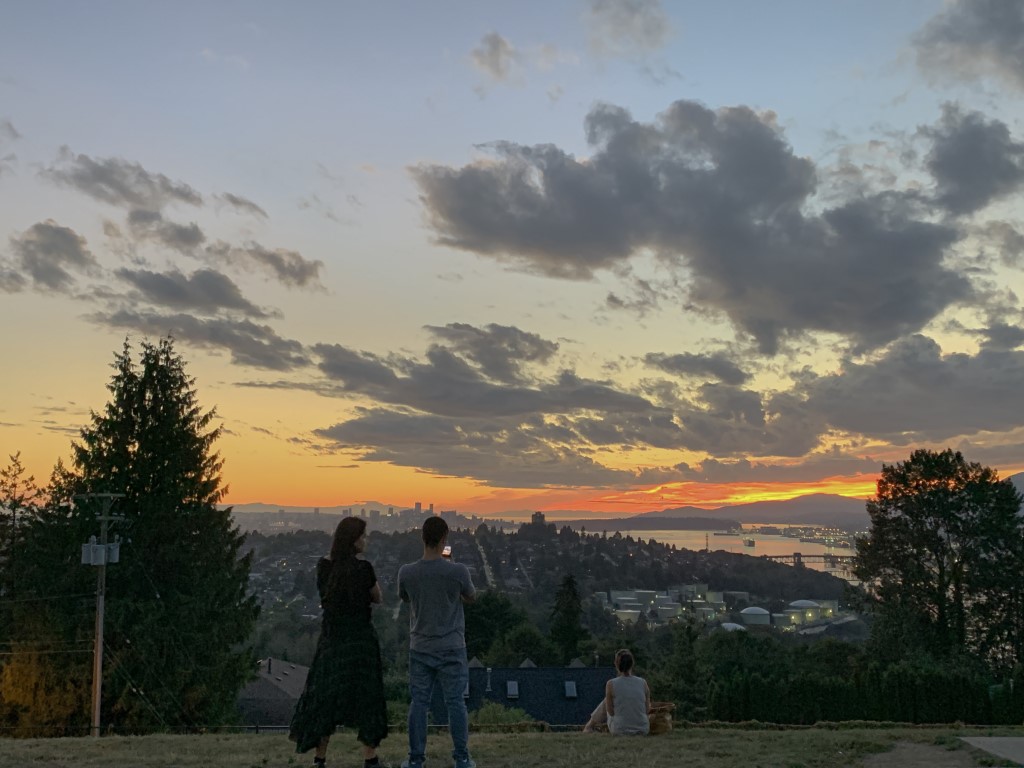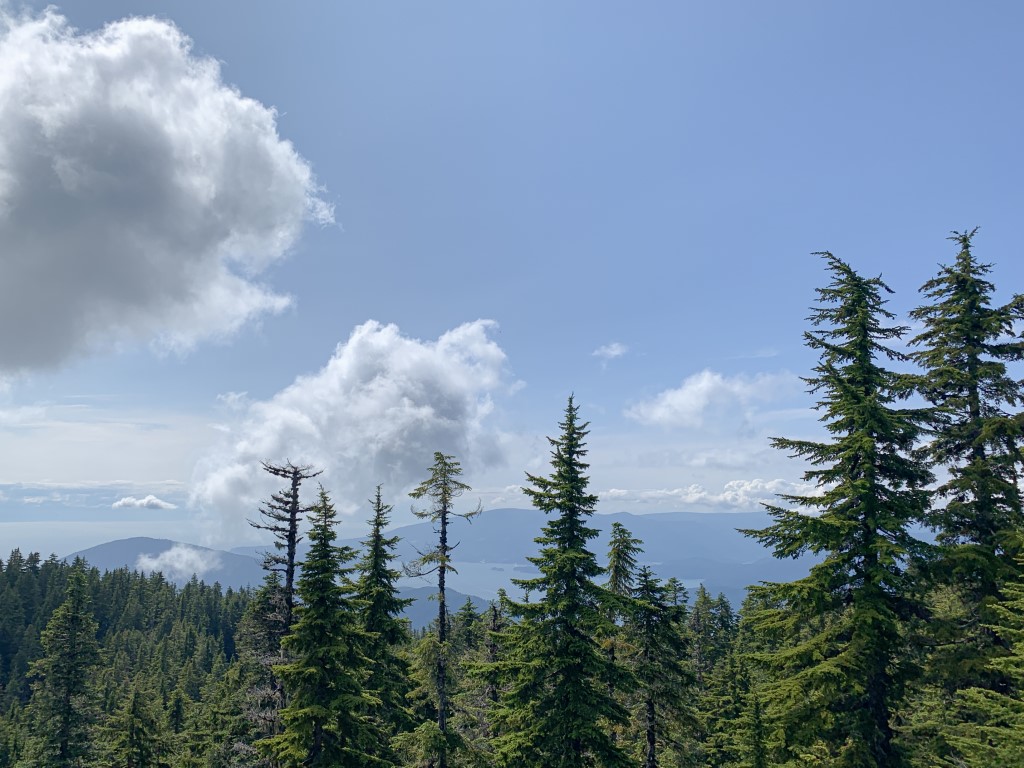
By Janis McMath, Editor-in-Chief
Due to wildfire smoke, BC’s air quality has been consistently fluctuating. Wildfire smoke comes with many different pollutants—but according to HealthLinkBC the “biggest public health concern from outdoor air pollution” is fine particulate matter. These 2.5 micrometre liquid or solid particles can be drawn deep into the lungs and bloodstream, causing health problems like inflammation. Also, due to their microscopic size, they are difficult to remove from the air.
There are many reasons that PM2.5 (referring to their diameter) build up. It is often observed when there is forest fire smoke—in 2018, Metro Vancouver stayed under forest fire air quality advisories for 18 days—but there are other ways they build up. Last year, parts of the province had record low temperatures due to an Arctic polar vortex that moved across Canada from January to February. These frigid and consistent conditions coupled with residential wood burning actually lead to PM2.5 air quality advisories. Residential wood burning is actually one of the largest sources of PM2.5 aside from forest fires—other sources include “furnaces, tobacco smoke, and all mobile vehicles, especially those with diesel engines.”

Here in BC we are lucky to know that our Air Quality Health Index (AQHI) consistently indicates that we are in a healthy area. Another common measure of air quality is the Air Quality Index, otherwise known as the AQI. This measure is often used by other countries, but this system is broader and takes both environmental and health concerns into account; the AQHI focuses on the elements of air quality that are harmful to humans. The index goes from 1 to 10 with 1 to 3 as very low risk, 4 to 6 as moderate risk, 6 to 10 as high risk, and 10+ as very high risk. On October 5, Metro Vancouver had an AQHI rating of three.
All of this serves as a reminder to be grateful that our air quality issues are temporary; Vancouver’s average AQHI has hovered around an average of two since 2007. While surgical face masks can prove to be helpful when the air quality is poor, places like Beijing must utilize face masks specifically made for pollution (the masks have special filters.) BC might be suffering from the smoke now, but at least there is a promise of clearer days.
On to Cincinnati,
Janis


